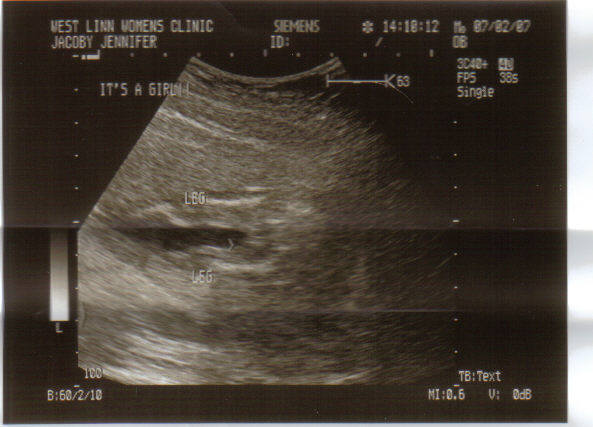This website has a lot of good information:
http://www.aboutkidshealth.ca/PrematureBabies/About-Premature-Babies.aspx?articleID=7887&categoryID=PI-nh1
Emotions
Life in the NICU is often one of intense and conflicting emotions. The combination of stress, fear of the unknown, worry for your baby, and many other considerations can be overwhelming at times. Parents often liken it to an emotional roller coaster ride, with some days being exhilarating and others despairing.
The progress of your baby plays the central part. Some days, your baby will be growing and progressing and just when you think everything is finally all right, she may have a setback. Conversely, some babies may suddenly turn around for the better when the expectation was poor. These types of events frequently trigger emotional highs and lows that change from day to day.
Even with the prospect of a happy and healthy outcome, parents often feel a sense of loss during the first days in the NICU. Though the baby might be doing fine, her mother and father must come to terms with the fact that however they imagined the birth and the arrival of a new baby, something else entirely has happened. Family and friends often don’t know how to react either, which reinforces parents’ sense of loss. For example, it may be many weeks before someone says “congratulations” even though you’ve just had a baby.
Guilt
Many parents, especially mothers, feel a sense of guilt; they imagine that they have done something to create this situation. The reality is parents have little control over the events that lead them to the NICU. In general, guilt is not a particularly useful emotion and often becomes a barrier to positive behaviours and thoughts. Do whatever you need to do to shed the guilt. If there is some connection between a parents behaviour and the outcome of their baby, dwelling on it will not change what has happened nor help the baby recover.
Sometimes, parents are reluctant to bond with their baby in the NICU; they fear getting close to their child who may not live. With the intense emotions and dashed expectations, the thought of bonding emotionally to their child with the possibility that the bond will be taken away can be fearful for parents, especially at first. Parents usually get over this fear, perhaps with encouragement, but then have to get over the guilt of not immediately investing emotionally in their child.
Fathers often feel guilty about their feelings of weakness and fear because, as culture dictates, they are supposed to be strong and be a pillar of strength for the rest of the family. In the NICU, with a sick baby, a wife who has just gone through labour and may be ill herself, family responsibilities to uphold, and financial pressures, many men have difficulties in fulfilling all these roles on behalf of everyone all the time. Experiencing this may cause guilt.
Practical matters
While parents and babies settle into life in the NICU, life goes on in the outside world and a balancing game begins: how much time can we afford to spend with our child? While parents are encouraged to spend as much time as they can with their baby, this should not be done by neglecting the rest of the family or their own peace of mind. Even though you naturally want to stay in the NICU as much as possible, you should get out at least occasionally going for a walk, getting some air, and clearing your head. Finding a balance between commitments in and outside the NICU can be difficult. Parents should speak with the staff and seek help when they need it.
These types of issues can be compounded when the NICU is far from the family home, perhaps even in another city. Parents find themselves torn, with one parent always at the NICU and the other running around trying to maintain an income and keep the rest of the family going, all the time worrying about what is going on with their child and their spouse.
Coping
In the NICU, the over-riding concern for parents is their baby’s condition. As they become more familiar with the routines and setting of the NICU, parents often feel a desire to “do something” to help.
While much of what goes on in the NICU is out of their hands, parents can focus on several things. They can learn about their child’s condition and the treatments and procedures that apply to the best of their ability. Health care professionals can help in this regard as well. Becoming informed is a positive development which can increase the communication between a parent and the team in the NICU. Having a better idea of what is going on can improve your peace of mind and reduce the sense of helplessness that parents often feel in the NICU.
At the same time, focussing entirely on the details and the numbers does not necessarily contribute to an improved understanding of what is going on. Some parents begin to pay attention to the incredible amount of detailed information that the various machines are giving and may become fixated with the numbers. Interpreting numbers is not as simple as it may seem. Indicators can fluctuate naturally from day to day or even minute to minute. Most of these fluctuations are not an indication that something has suddenly and dramatically improved or become worse. Parents should focus as much as possible on the longer view and soak up the positive aspects of what is going on as much as possible.
Additionally, parents should do what they can to make their baby as comfortable and welcome as possible. This can mean many things; parents can whisper to or gently touch their baby. At some point “kangaroo care,” which is a skin-to-skin holding of the baby, will be possible, as will breastfeeding.
Beyond the baby, parents should also make efforts to remain connected with other members of the family.
Wednesday, November 7, 2007
Subscribe to:
Post Comments (Atom)

No comments:
Post a Comment